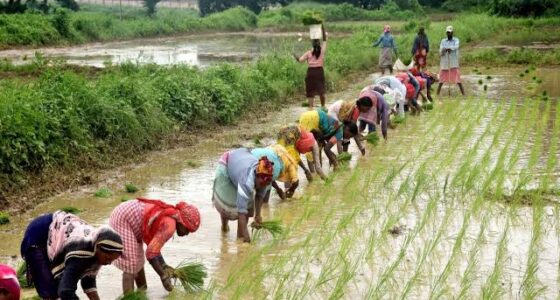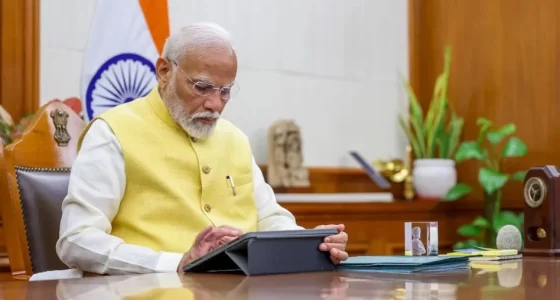An analysis by the Jammu & Kashmir Election Watch and the Association for Democratic Reforms (ADR) has revealed troubling trends among the candidates for the Jammu & Kashmir Assembly Elections Phase I. The study scrutinizes the self-sworn affidavits of all 219 candidates, highlighting significant concerns regarding criminal backgrounds and financial status.
Criminal Records and Serious Charges
According to the report, 36 out of the 219 candidates, or 16%, have declared criminal cases against themselves. Notably, 25 candidates (11%) have disclosed serious criminal cases. The analysis also found that 4 candidates have declared cases related to attempted murder (IPC Section-307), and 2 candidates have reported cases connected to crimes against women, including one case of rape (IPC Section-376).
Party-wise, the report indicates varied proportions of candidates with criminal records:
- Jammu & Kashmir Peoples Democratic Party (JKPDP): 4 out of 21 candidates (19%) have declared criminal cases, with the same percentage for serious criminal cases.
- Jammu & Kashmir National Conference (JKNC): 4 out of 18 candidates (22%) have criminal cases, with 3 (17%) declaring serious criminal cases.
- Bharatiya Janata Party (BJP): 1 out of 16 candidates (6%) has a criminal record and the same number for serious charges.
- Indian National Congress (INC): 1 out of 9 candidates (11%) has declared criminal cases, and 1 (14%) has serious charges.
- Democratic Progressive Azad Party: 1 out of 7 candidates (14%) has criminal charges, with the same percentage for serious charges.
- Aam Aadmi Party (AAP): 3 out of 7 candidates (43%) have criminal cases and the same percentage for serious charges.
The report criticizes political parties for not adhering to the Supreme Court’s guidelines issued on February 13, 2020, which mandate that parties provide reasons for selecting candidates with criminal backgrounds and justify why candidates without such records were not chosen. The analysis highlights that recent justifications by political parties, such as popularity or social work, do not meet the court’s standards for transparency.
Wealth and Financial Background
Financially, the report notes that 50% of the candidates are classified as crorepatis (having assets over Rs. 1 crore). The average assets per candidate is Rs. 3.00 crore. Party-wise, the asset distribution is notable:
- JKPDP: Average assets of Rs. 7.93 crore per candidate.
- JKNC: Average assets of Rs. 5.87 crore per candidate.
- BJP: Average assets of Rs. 4.47 crore per candidate.
- INC: Average assets of Rs. 4.35 crore per candidate.
- AAP: Average assets of Rs. 49.33 lakh per candidate.
The top three candidates with the highest declared assets are:
- Abdul Gaffar Sofi from Anantnag West, JKPDP, with assets totaling Rs. 66.31 crore.
- Imtiaz Ahmed Shan from Banihal, JKPDP, with assets totaling Rs. 34.85 crore.
- Rafi Ahmed Mir from Pahalgam, Jammu and Kashmir Apni Party, with assets totaling Rs. 32.62 crore.
Conversely, candidates with the lowest assets include:
- Javeed Ahmad Chopan with assets of Rs. 5,000.
- Riyaz Ahmad Sofi with assets of Rs. 10,000.
- Fayaz Ahmad Sofi with assets of Rs. 10,000.
The report also highlights that 57% of candidates have declared liabilities, with the top three having significant financial burdens.
Also Read: PM Modi’s 1st Housing Decision excites Real Estate Industry
Education and Demographics
Regarding education, 47% of candidates have completed education up to 12th standard, while 49% hold graduate or higher degrees. The age distribution reveals that 32% are between 25 to 40 years old, 49% are between 41 to 60 years old, and 19% are between 61 to 80 years old. Notably, only 4% of the candidates are female.
Overall, the report paints a concerning picture of the candidate pool for Jammu & Kashmir Assembly Elections Phase I, with significant issues regarding criminal backgrounds and financial disparities among the contestants.







